In today’s dynamic work environment, transparency has become an essential aspect of fostering trust and loyalty among employees. One area where transparency is significant is the provision of detailed paystubs. Understanding the intricacies of pay stubs and why employers should provide comprehensive information is vital for ensuring fairness, compliance, and employee satisfaction.
Understanding Paystubs
A pay stub, also known as a paycheck stub, is a document provided by employers to employees along with their paychecks. It contains detailed information regarding the employee’s earnings, deductions, taxes withheld, and other relevant financial data. Understanding the components of a paystub is crucial for both employers and employees to ensure accuracy and compliance with legal requirements.
Importance of Detailed Paystubs
Detailed paystubs play a pivotal role in empowering employees by providing them with clarity and transparency regarding their compensation. When employers furnish comprehensive paystubs, they demonstrate a commitment to fairness and openness in their payroll practices. This transparency not only fosters trust but also enhances employee morale and satisfaction.
Building Trust and Confidence
By providing detailed check stub maker, employers can build trust and confidence among their workforce. When employees have access to clear and concise information about their earnings and deductions, they feel valued and respected by their employers. This sense of transparency fosters a positive work environment where employees feel confident in their employer’s commitment to fair compensation practices.
Mitigating Disputes and Errors
Detailed paystubs help mitigate disputes and errors related to payroll issues. In cases of discrepancies or misunderstandings, employees can refer to their pay stubs to identify and address any discrepancies promptly. This proactive approach to resolving payroll issues promotes harmony in the workplace and prevents potential legal disputes.
Improving Financial Literacy
Transparent free pay stub generator also improve financial literacy among employees. By providing detailed information about deductions such as taxes, retirement contributions, and insurance premiums, employers empower their workforce to make informed financial decisions. This increased financial literacy promotes overall financial wellness and stability among employees.
Fostering Transparency Culture
Implementing transparent payroll practices fosters a culture of transparency within an organization. When employers prioritize openness and clarity in their communication regarding compensation, they set a precedent for open dialogue and trust. This culture of transparency contributes to employee satisfaction, retention, and organizational success.
Legal Implications of Inadequate Pay Stubs
Failure to provide detailed Online Paystub can have legal implications for employers. In many jurisdictions, labour laws mandate that employers provide employees with accurate and comprehensive pay stubs. Non-compliance with these legal requirements can result in fines, penalties, and legal action by employees.
Implementing Transparent Payroll Practices
Employers can implement transparent payroll practices by choosing the right payroll system and providing adequate training to HR staff. Investing in modern payroll software that generates detailed paystubs can streamline the payroll process while ensuring compliance with legal requirements. Additionally, training HR staff on the importance of paystub transparency can help reinforce the organization’s commitment to openness and fairness.
Addressing Privacy Concerns
While transparency is essential, employers must also address privacy concerns related to paystub information. Safeguarding sensitive employee data and ensuring data security are paramount. Employers should implement robust security measures to protect employee information from unauthorized access or breaches.
Case Studies: Companies Embracing Paystub Transparency
Several companies have embraced paystub transparency as part of their commitment to employee satisfaction and compliance. By providing detailed pay stubs and fostering open communication, these organizations have demonstrated the positive impact of transparent payroll practices on employee morale and organizational culture.
Overcoming Challenges
Despite the benefits of paystub transparency, employers may encounter challenges such as resistance from stakeholders or concerns about cost. However, the long-term benefits of fostering trust, reducing disputes, and enhancing employee satisfaction far outweigh any initial challenges.
The Future of Payroll Transparency
As technology advances, the future of payroll transparency looks promising. Emerging trends such as digital paystubs, blockchain technology, and AI-driven payroll systems are poised to revolutionize the way organizations manage payroll and communicate with employees.
Employee Rights and Advocacy
Employees have the right to demand transparency regarding their compensation. If employers fail to provide detailed paystubs or engage in unfair payroll practices, employees can seek legal recourse through labour rights organizations and employment law attorneys.
Conclusion
In conclusion, the importance of transparency in providing detailed paystubs cannot be overstated. Employers who prioritize transparency demonstrate integrity, fairness, and respect for their workforce. By delivering comprehensive paystubs, employers empower employees, mitigate disputes, and foster a culture of trust and loyalty.
Also Read:



buy generic valacyclovir – buy propecia no prescription purchase forcan generic
Your comment is awaiting moderation.